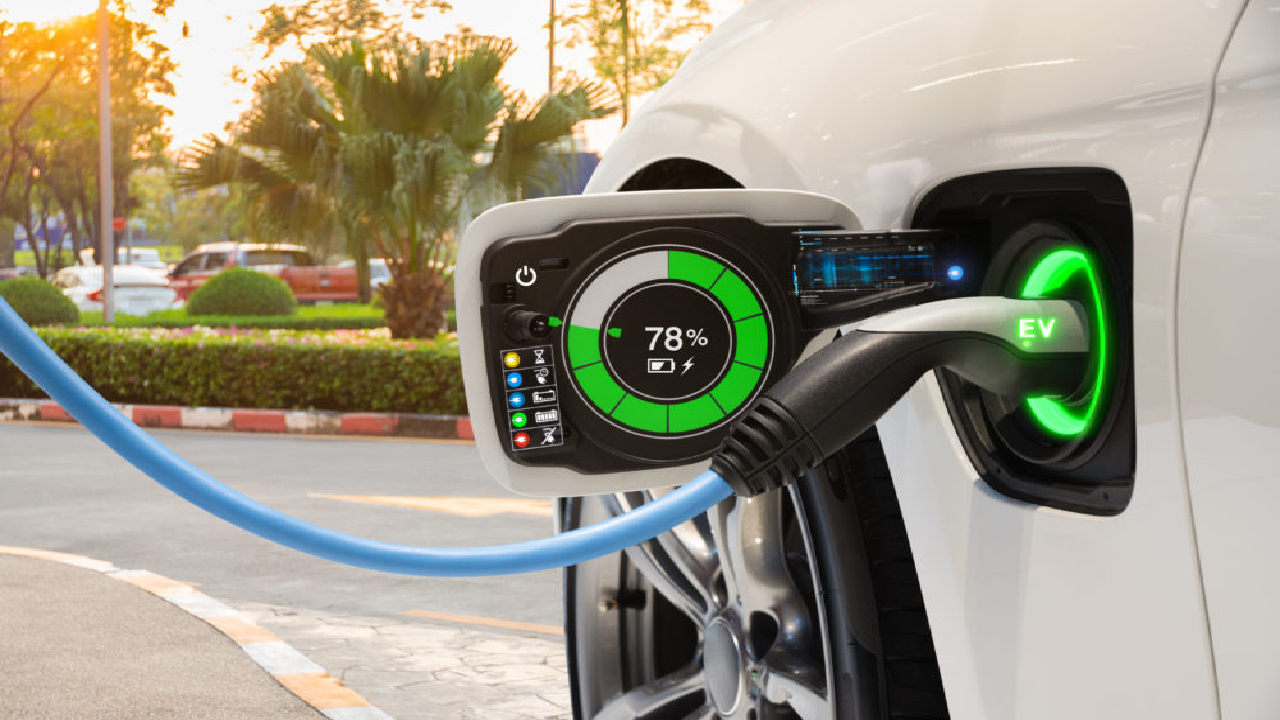In parallel with the increase in electric vehicle use in Turkey, there is also rapid growth in charging infrastructure. According to data published by the Energy Market Regulatory Authority (EPDK), the number of electric vehicle charging sockets across Turkey has exceeded 30 thousand as of May 2025.
Electric vehicle charging infrastructure in Turkey is growing
As of the end of May, the total number of charging sockets was recorded as 30,680. This number was 29,496 in April 2025. With the commissioning of 1,184 new sockets in one month, there was a 4 percent increase in the number of sockets. During the same period, AC (alternating current) charging sockets increased by 3.2 percent to 17,783, and DC (direct current) charging sockets increased by 5.1 percent to 12,897.

In May 2024, there were a total of 19,034 charging sockets across Türkiye. In the last year, there has been a 61.18 percent increase in charging infrastructure. At the same time, the total installed power of charging stations has reached 2,200 megawatts.
There are 247,344 electric vehicles on Turkish roads. When these numbers are taken into account, there is 1 charging socket for every 8 vehicles in the country. However, when this rate is evaluated specifically for DC sockets, only 1 fast charging opportunity can be provided for every 19 vehicles. This situation reveals the need for planning regarding the capacity at fast charging points, especially during long journeys and peak usage hours.
According to EPDK data, ZES was the company with the most charging sockets with 4,555 AC and DC sockets. Eşarj ranked first in the number of AC sockets with 1,843 sockets, followed by Trugo with 1,729 sockets and ZES with 1,553 sockets. This data shows that competition in infrastructure investments has increased among companies in the sector.
As the electric vehicle market continues to expand, the extent to which the infrastructure can keep up with this growth will be decisive in the coming period. In particular, increasing fast charging capacity and expanding the existing network are important for the sustainable development of electric mobility throughout Türkiye.













